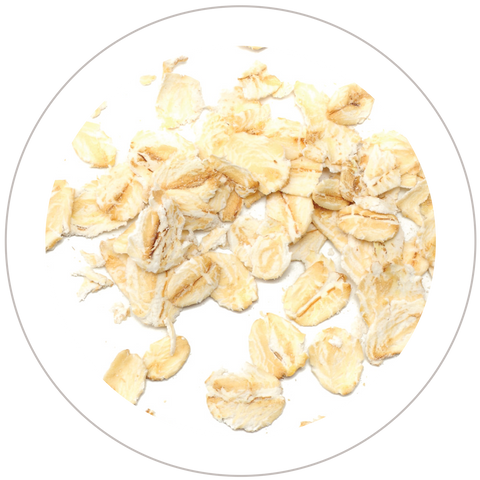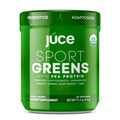QUALITY INGREDIENTS
We care about quality. Our products are certified through Quality Assurance International an independent, third-party, organic certification service. Our certification process includes ingredient analysis and testing from farm to scoop.
Be assured that our ingredients are USDA Certified Organic, tested and free of all heavy metals, toxins, and pesticides banned by the USDA Organic certification process.
USDA Certified Organic products must be grown, raised and processed without the use of most synthetic pesticides or fertilizers, growth hormones, sewage sludge, irradiation, or GMO’s (genetically modified organisms). Agents inspect fields, soil conditions, weed and pest management methods, water systems, storage, and equipment. A farm must be free from all restricted contaminates for three years before it can even qualify for organic certification. And in the U.S., it is illegal for a company to use the USDA Organic symbols without this certification which requires annual inspection and renewal.
Our USDA Certified Organic produts are also Non-GMO. Consumers purchase organic products expecting that they maintain their organic integrity from farm to market, and the USDA is committed to meeting these expectations.
No matter where it was grown, if a product has the USDA Organic label on it, it was not produced with GMOs.
Prebiotics taken with probiotics support the digestive system. Prebiotic fiber acts as food for healthy gut bacteria, making probiotics more effective at creating a healthy gut biome.
Helps stimulate the growth of good bacteria while also protecting against disease causing bacteria, supporting a healthy gut biome.
Proteins that help your body digest foods for higher nutrient absorption, supporting a healthy digestive system.
Fruits and vegetables produce natural chemicals called phytonutrients that help prevent disease and keep our bodies working properly.
Antioxidants protect your cells against free radicals caused by exposure to certain toxins, which cause diseases such as cancer. Diets high in fruits and vegetables are good sources of antioxidants.
A habitat of millions of micro-organisms—bacteria, fungi, parasites, and viruses. The microbiome plays many key roles in supporting the smooth and healthy operation of the human body.
Inflammation is triggered by white blood cells to fight infection from bacteria and viruses. But damaging inflammation occurs when the body’s inflammatory defense system is triggered when there is no invader to fight off, treating regular tissue as infected or unusual, causing damage.
Highly reactive and unstable molecules produced by the body—both naturally and through exposure to toxins like smoke and ultraviolet light. Free radicals have a very short lifespan, but can damage DNA, causing mutations that lead to diseases. Antioxidants neutralize unstable molecules, reducing the risk of DNA damage and risk of disease.
Adaptogens are able to change their function depending on the specific needs of the body. They adapt according to what the body requires and can thus aid in dealing with a variety of issues.
Organic Fruits
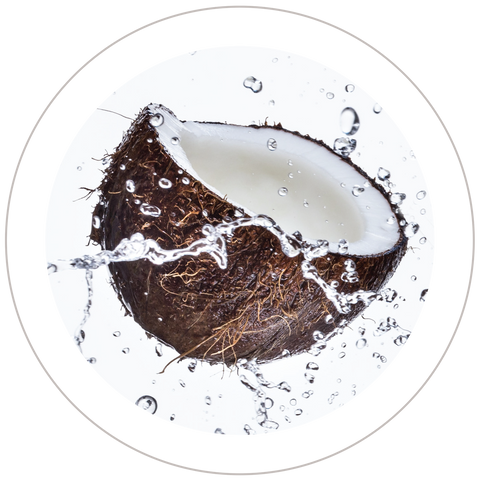
Coconut Water
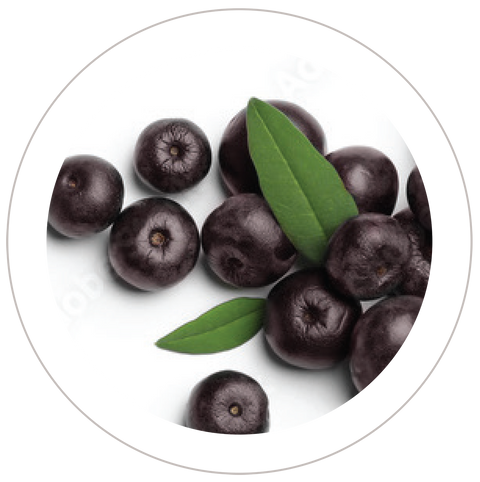
Acai
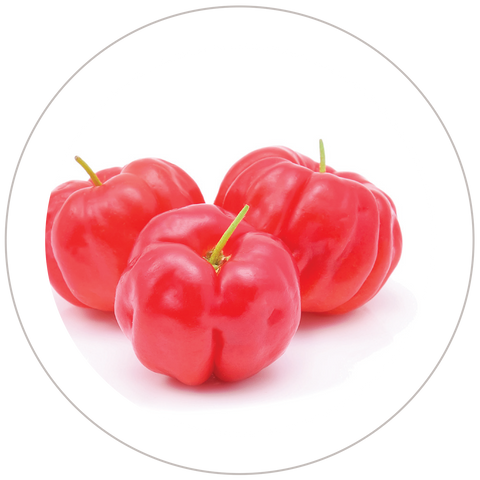
Acerola Cherry
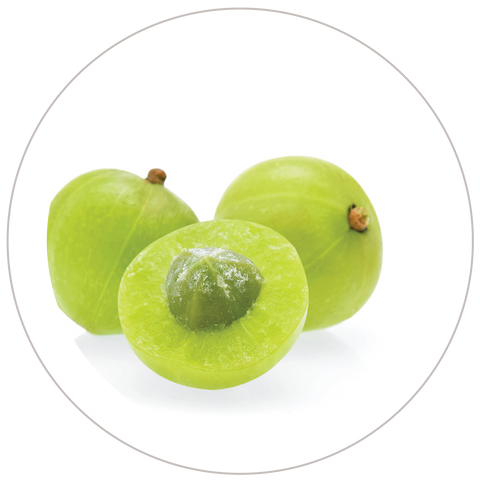
Amla
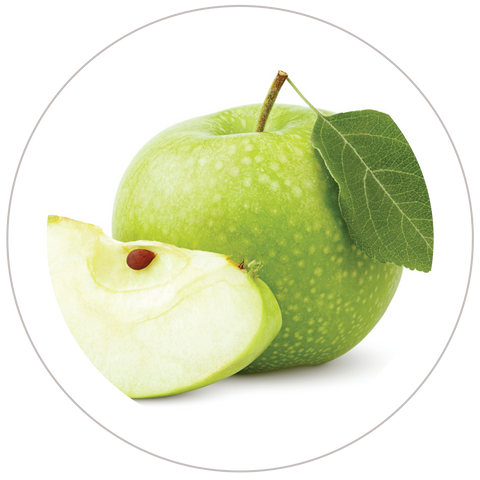
Apple
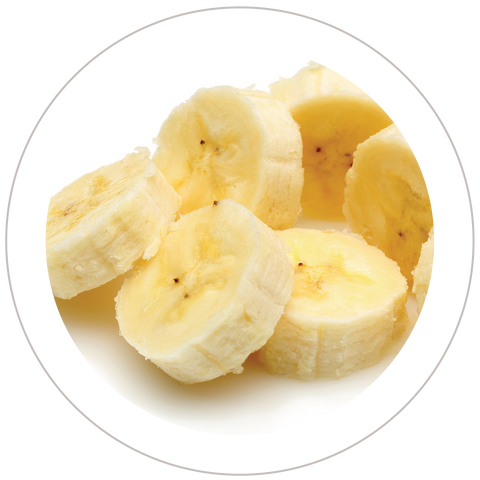
Banana
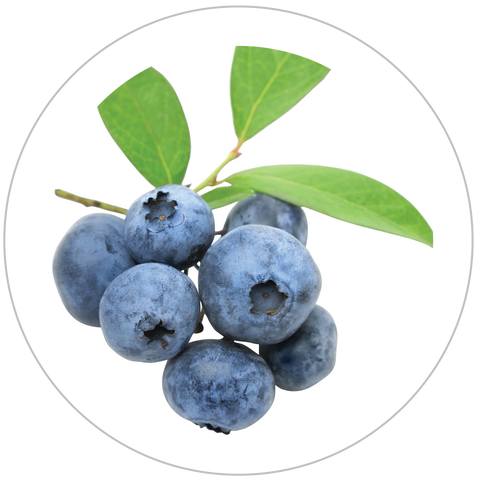
Bilberry

Black Currant
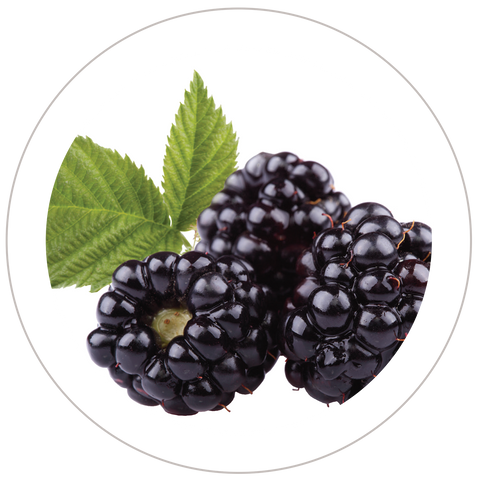
Blackberries
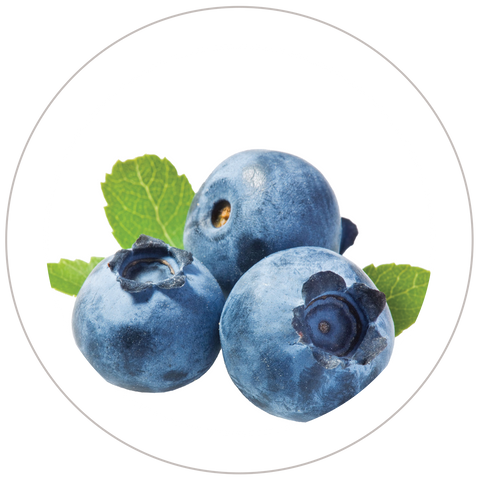
Blueberries
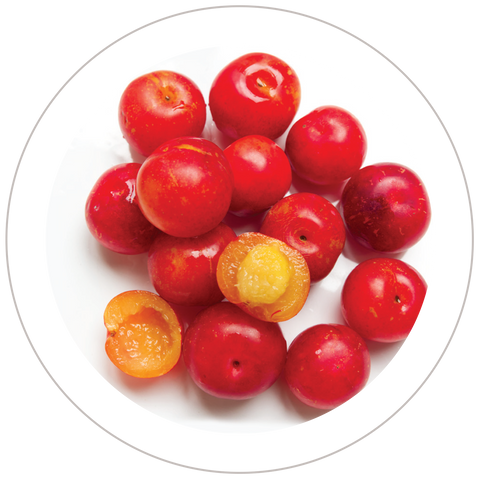
Camu Camu
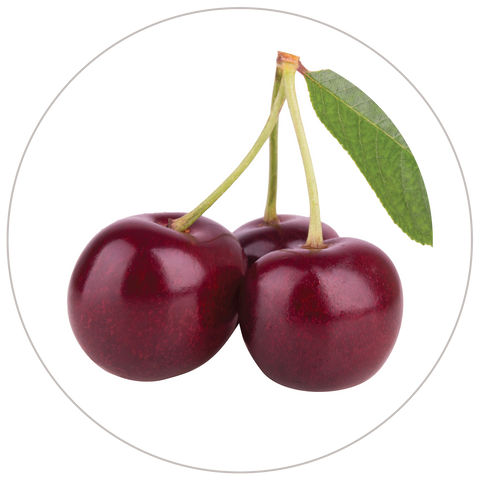
Cherries
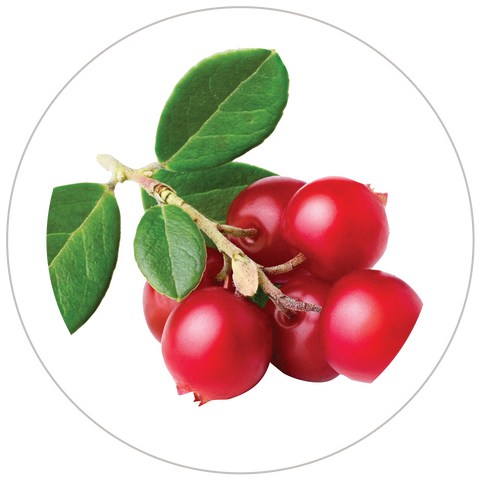
Cranberries
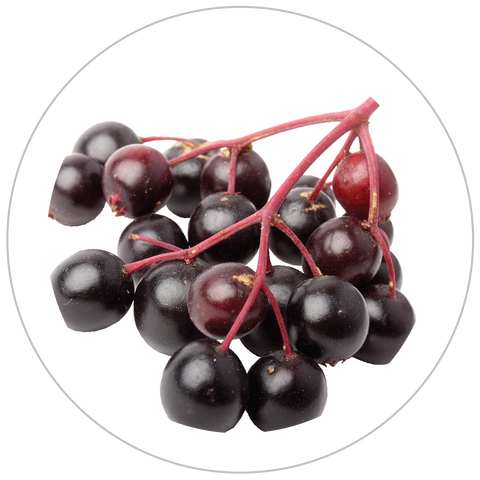
Elderberry
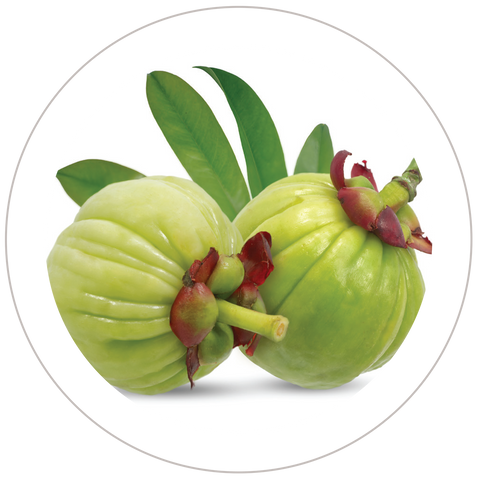
Garcinia Cambogia
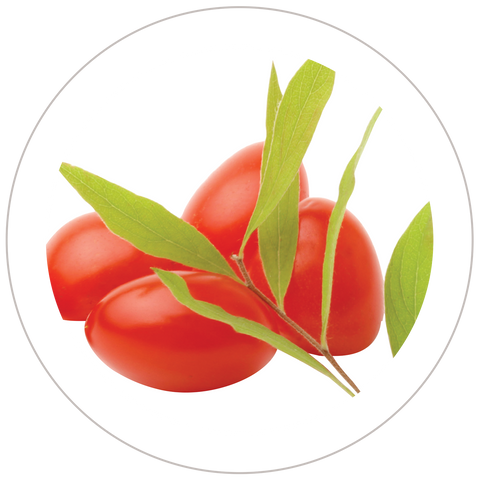
Goji Berry
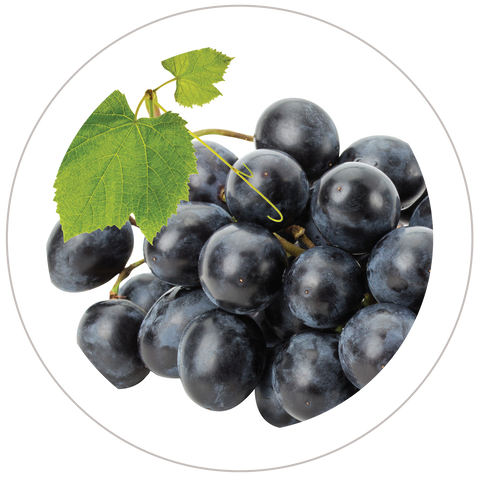
Grape
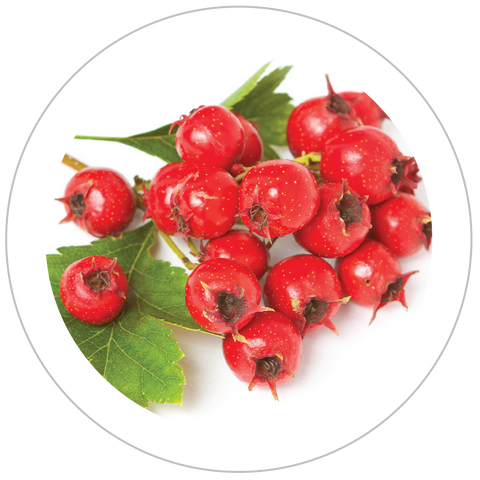
Hawthorn Berry

Lemon
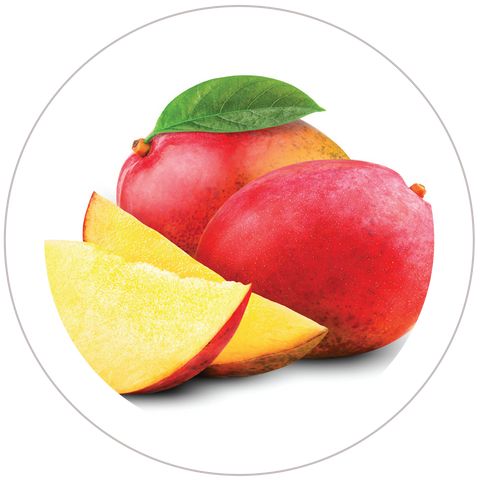
Mango
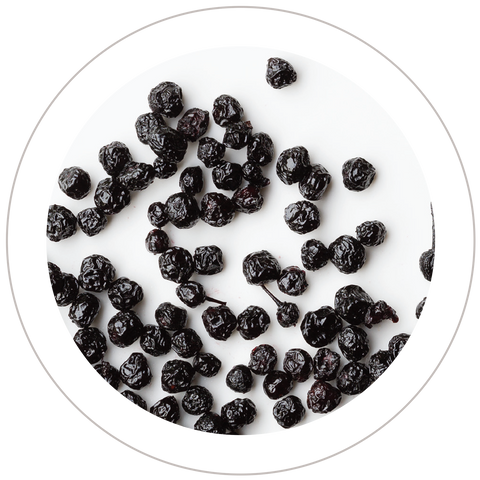
Maqui Berry
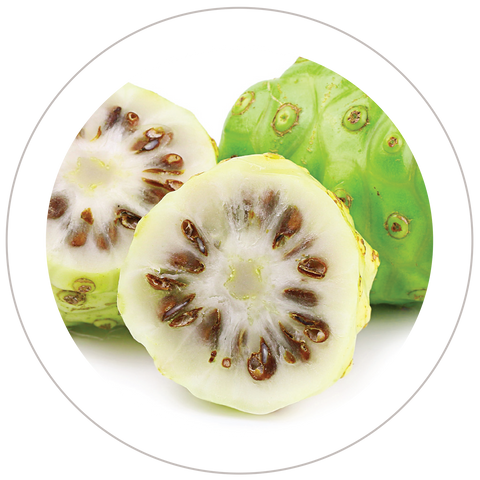
Noni
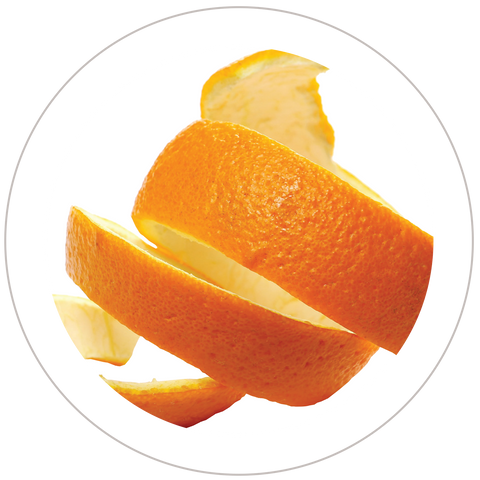
Orange Peel
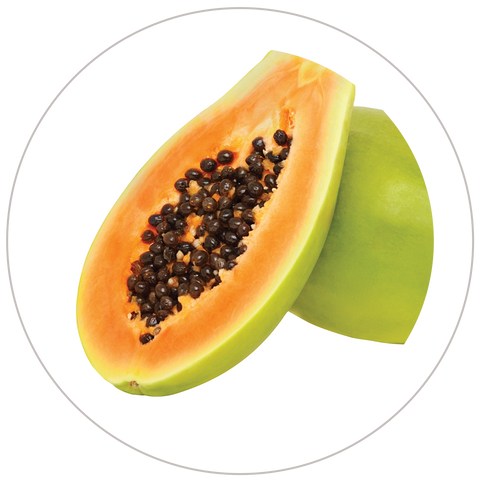
Papaya
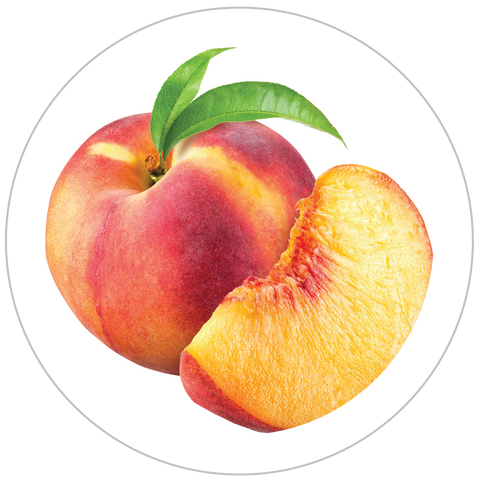
Peach
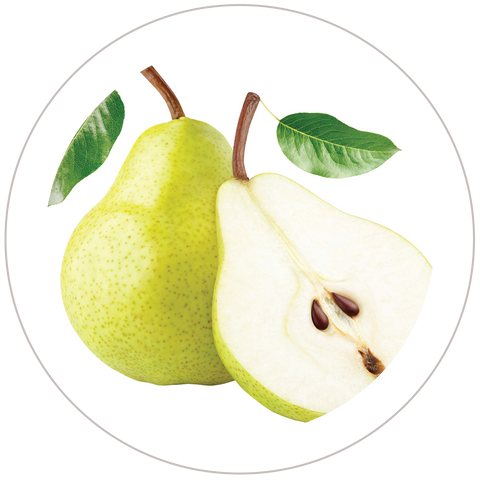
Pear
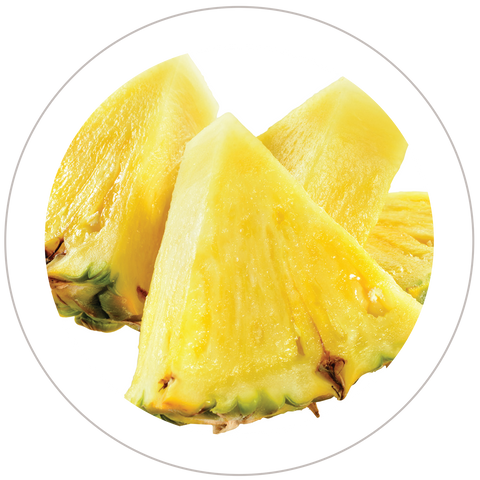
Pineapple
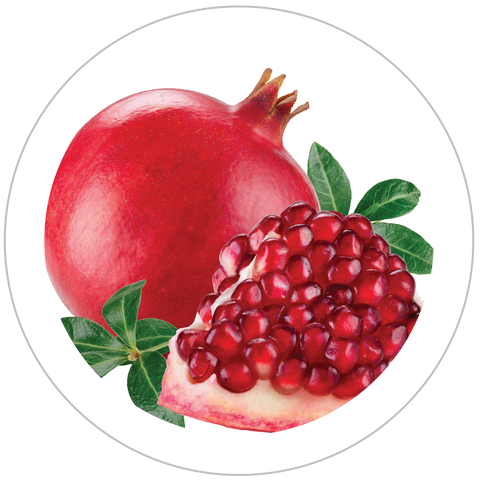
Pomegranate

Raspberry
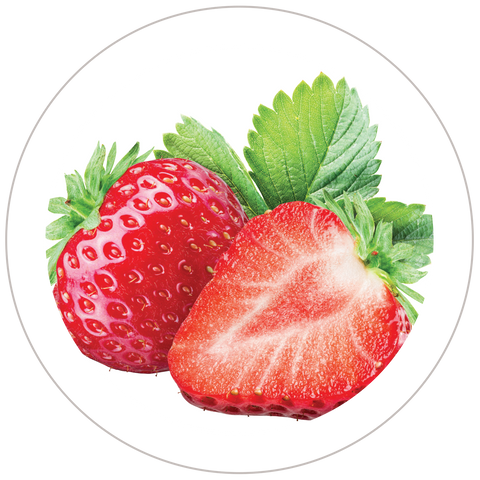
Strawberry
Organic Veggies, Greens, and Grasses
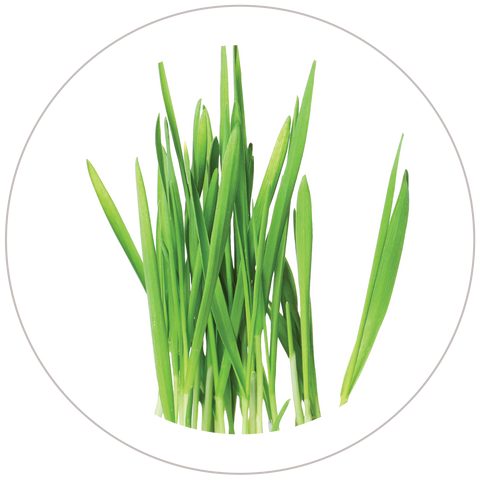
Barley Grass
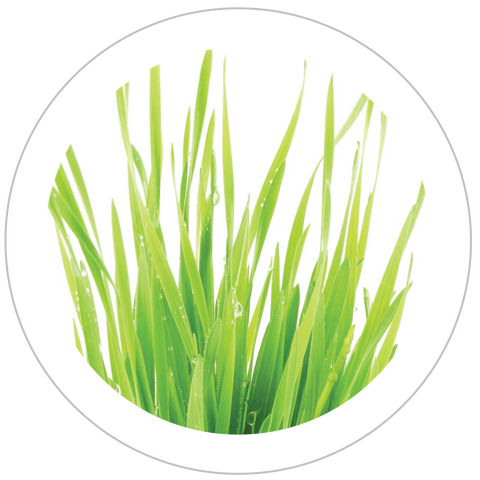
Oat Grass
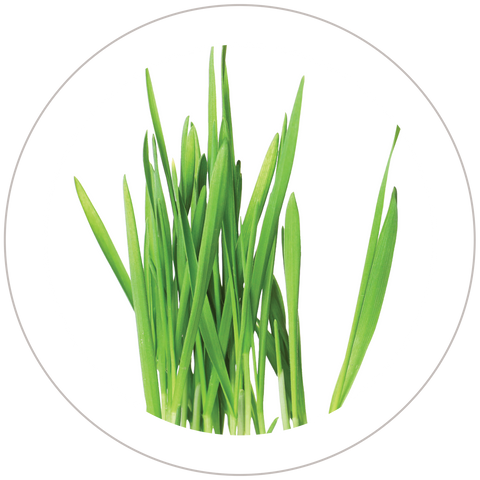
Wheat Grass
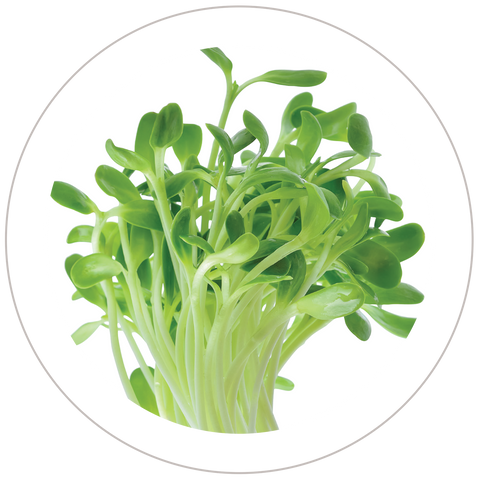
Alfalfa Sprouts
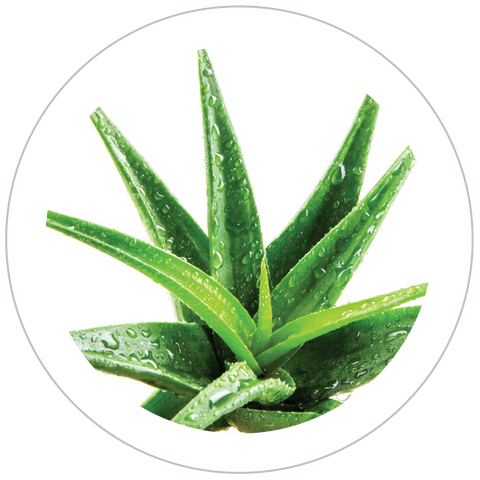
Aloe Vera Leaf
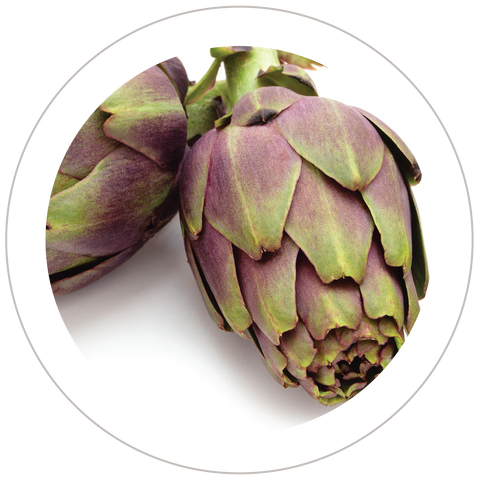
Artichoke
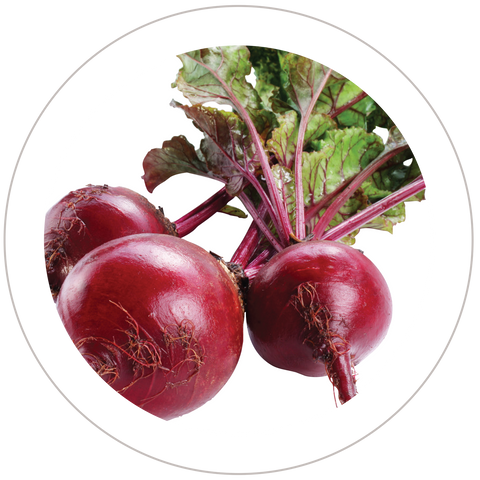
Beets
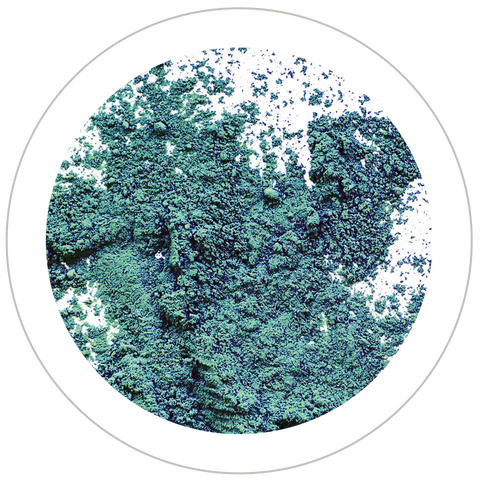
Blue Green Algae
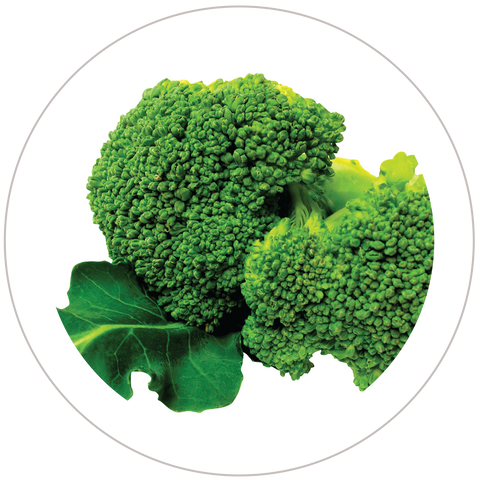
Broccoli
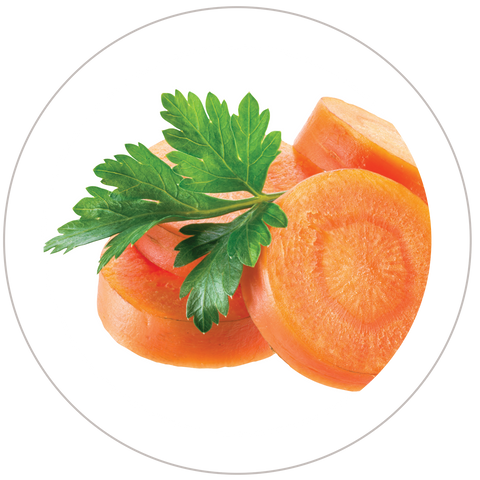
Carrot
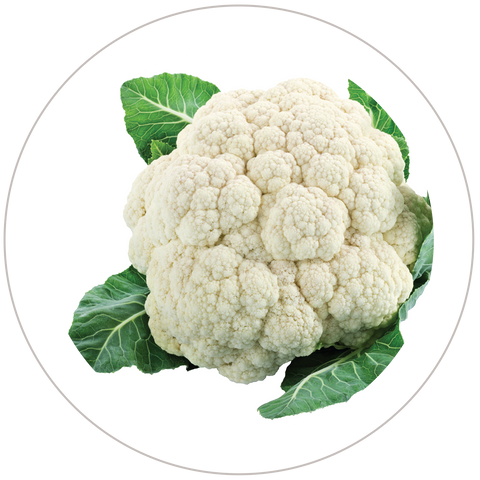
Cauliflower
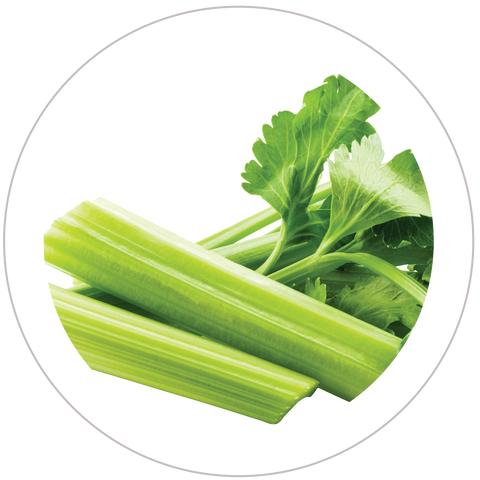
Celery

Chlorella
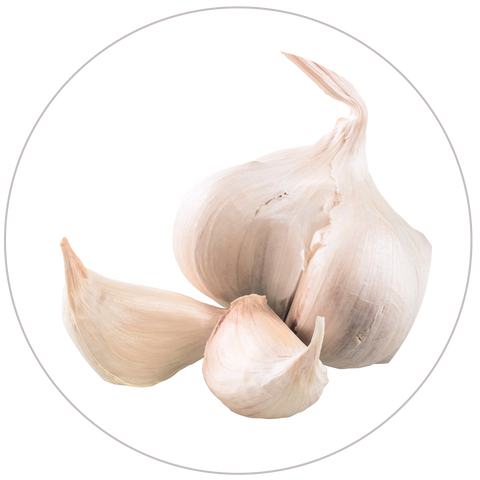
Garlic
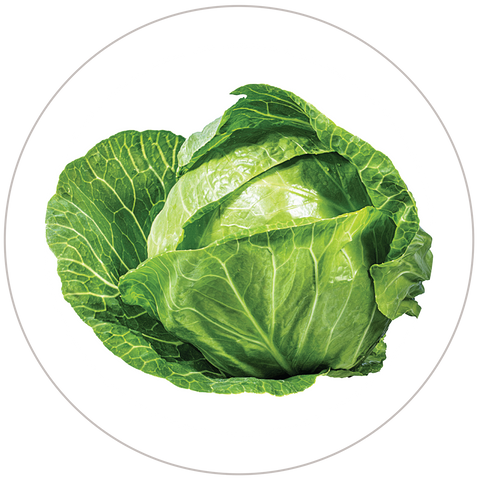
Green Cabbage
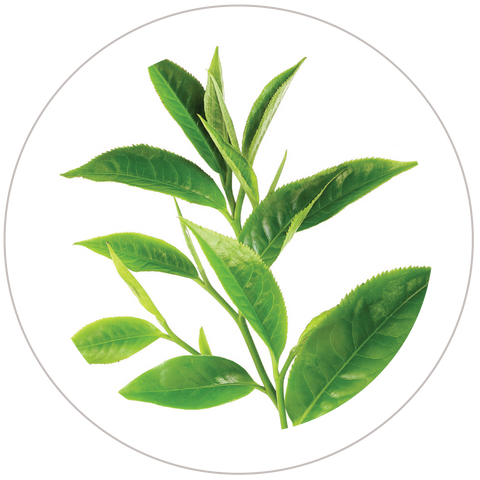
Green Tea Leaf
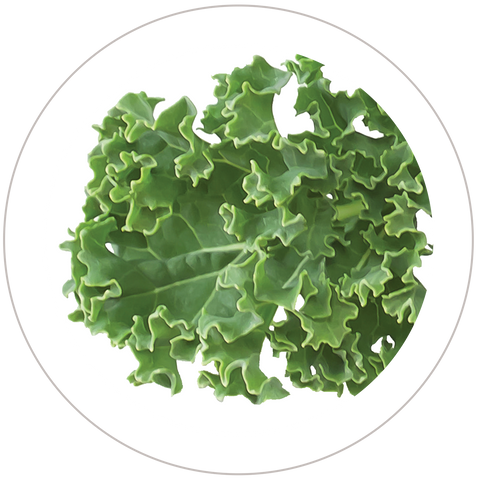
Kale
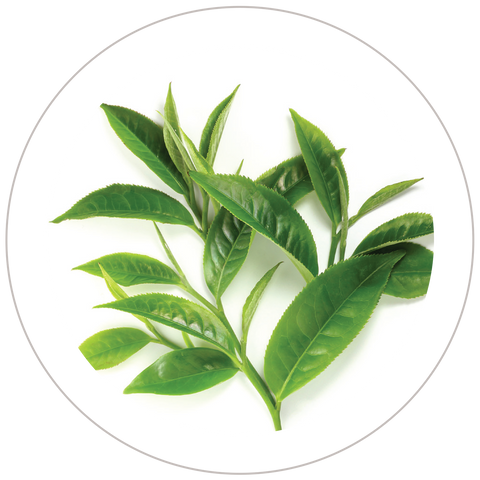
Matcha Green Tea
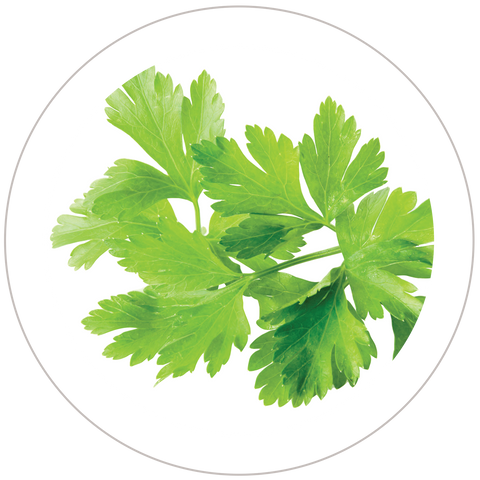
Parsley
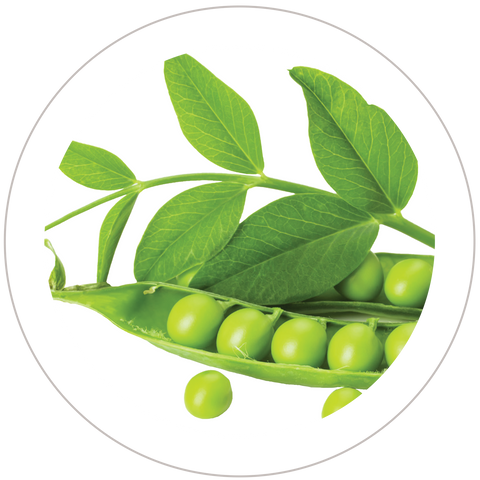
Peas
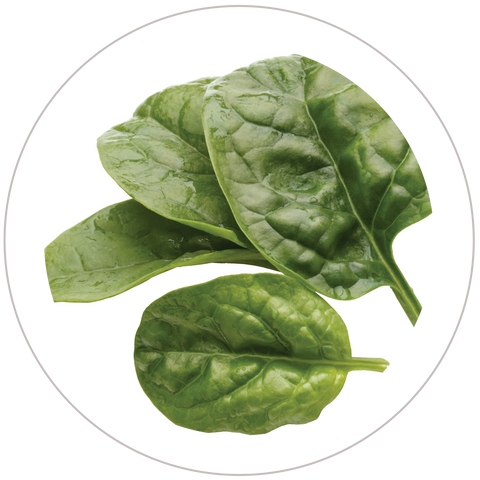
Spinach
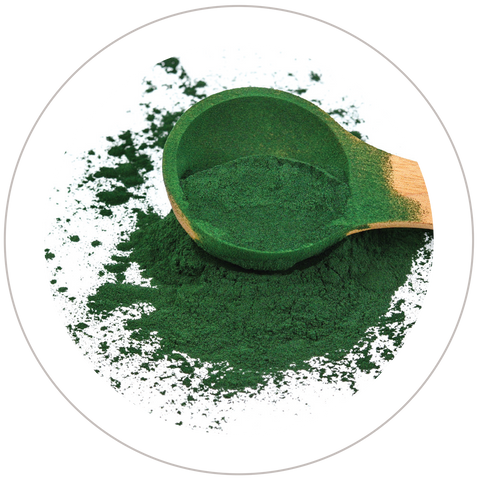
Spirulina
Organic Mushrooms

Caterpillar

Chaga
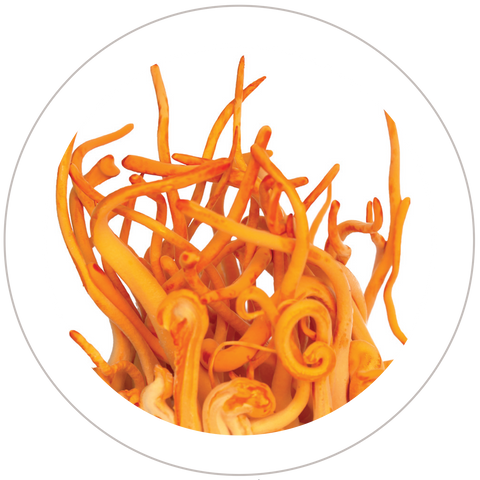
Cordyceps
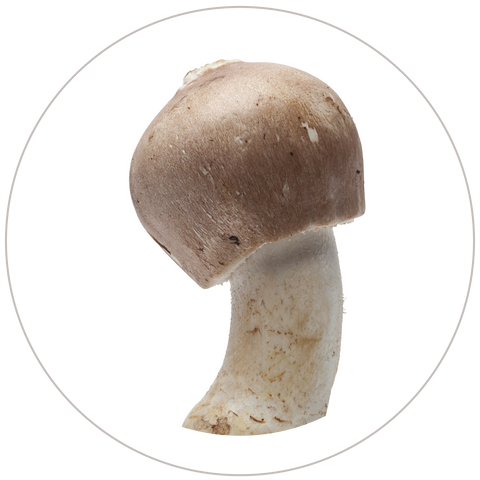
Himematsutake
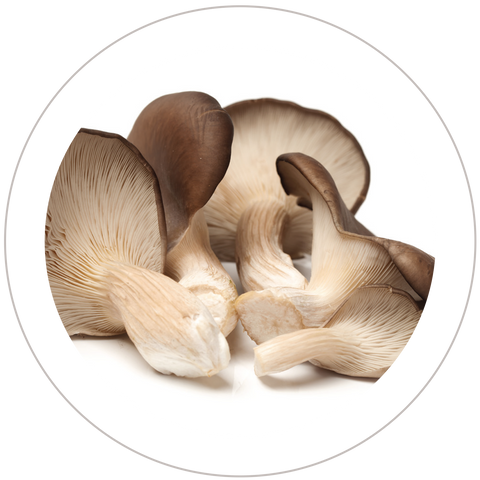
King Trumpet

Lions Mane
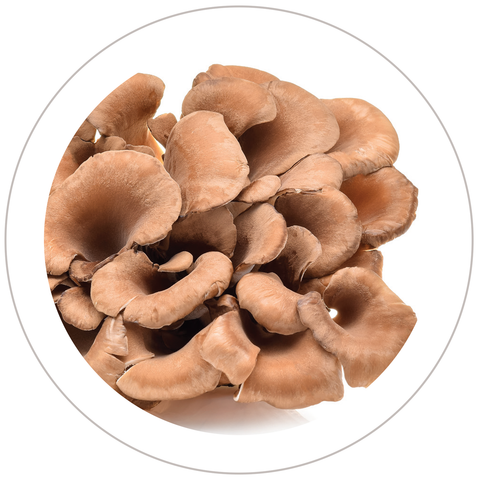
Maitake

Meshimakobu

Reishi
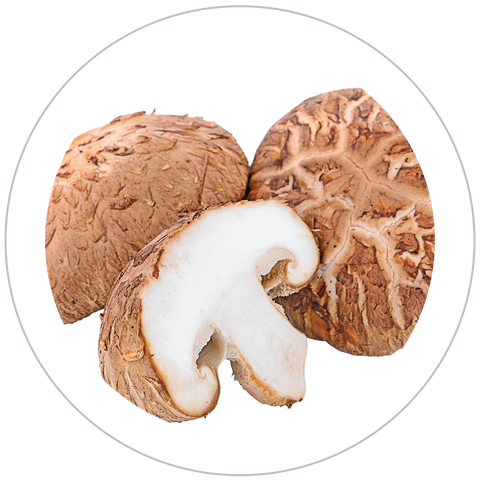
Shiitake

Turkey Tail
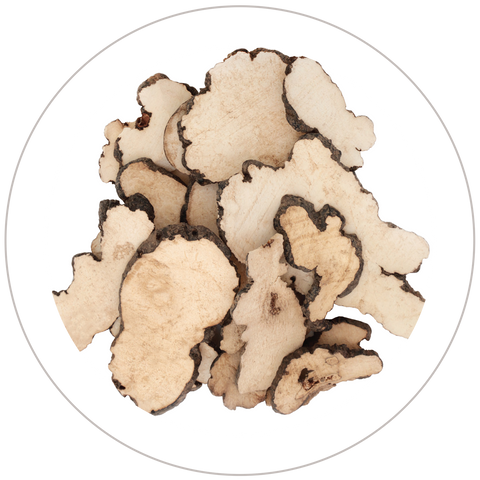
Zhu Ling
Organic Herbs, Roots, and Seeds
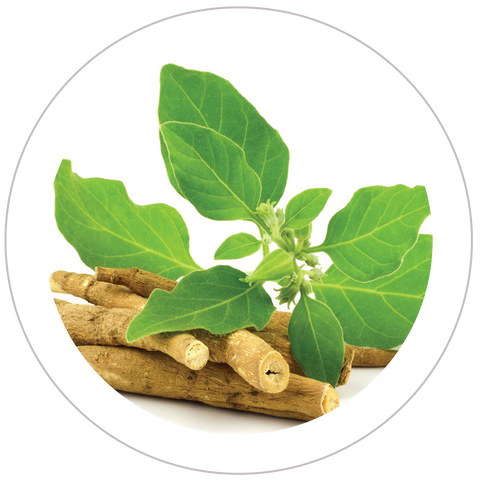
Ashwagandha
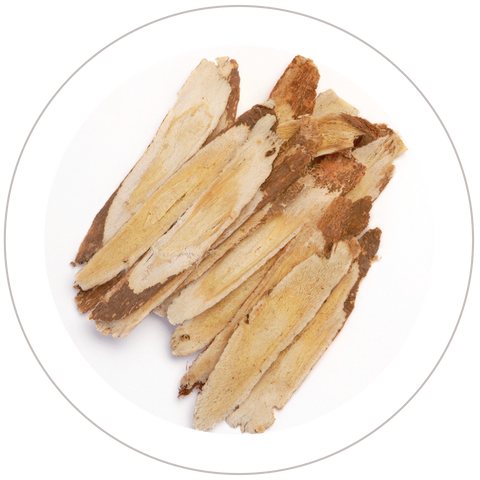
Astragalus

Eleuthero Root
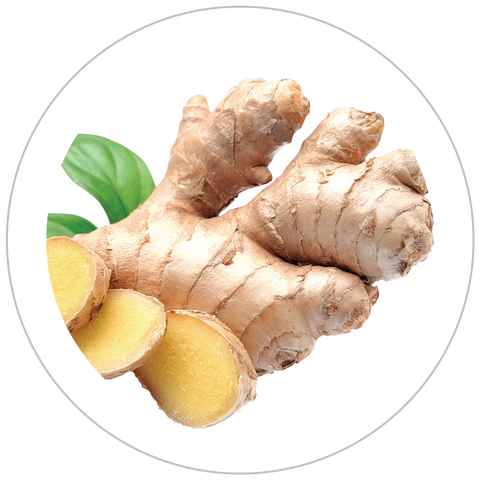
Ginger Root
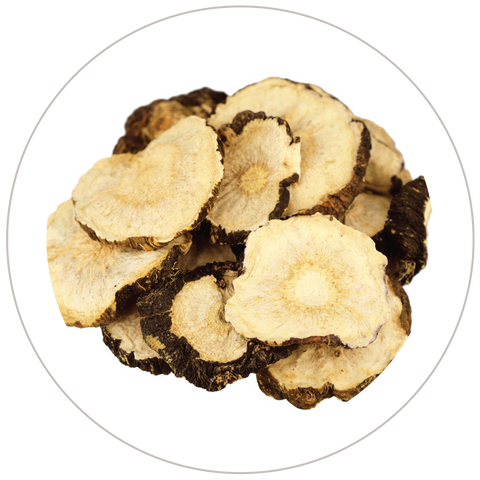
Maca Root
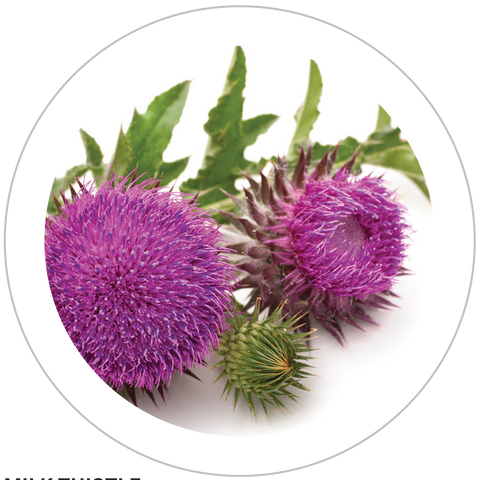
Milk Thistle
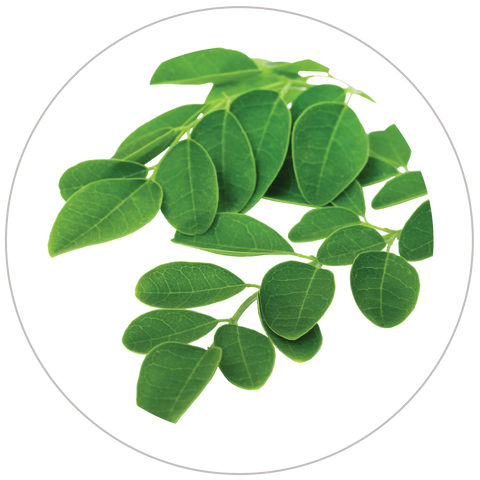
Moringa Leaf
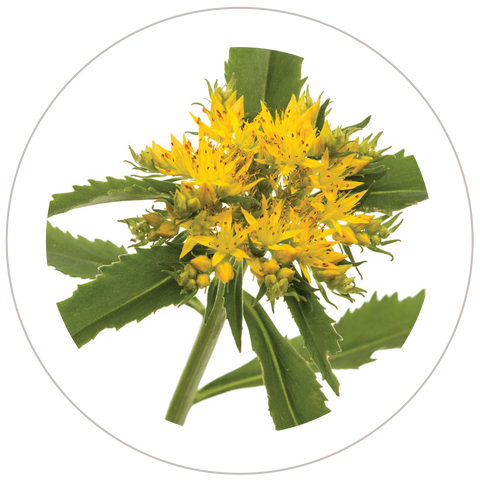
Rhodiola

Rosemary
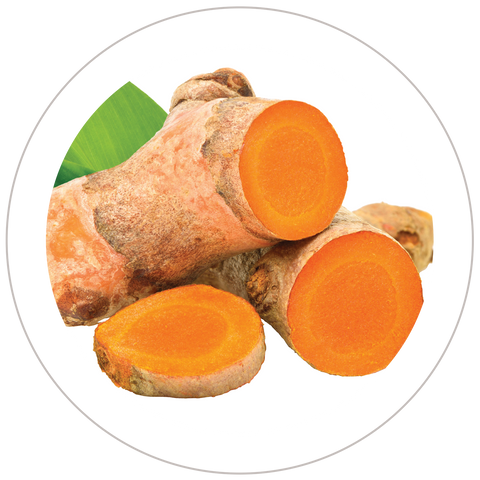
Turmeric
Coffee Bean
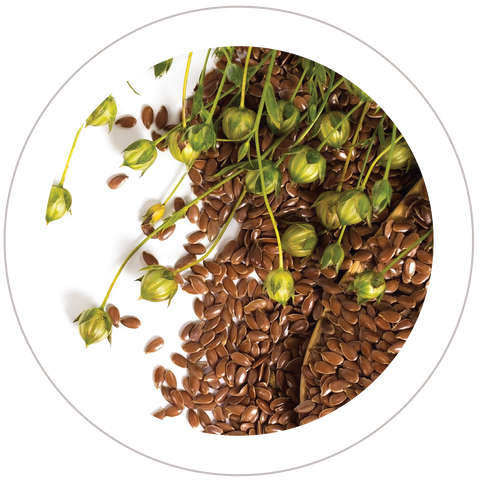
Flax seed
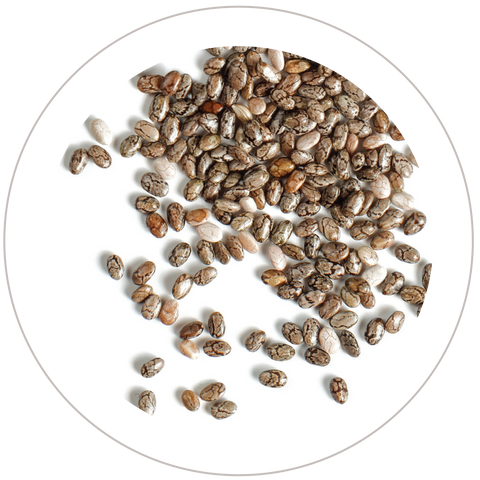
Chia
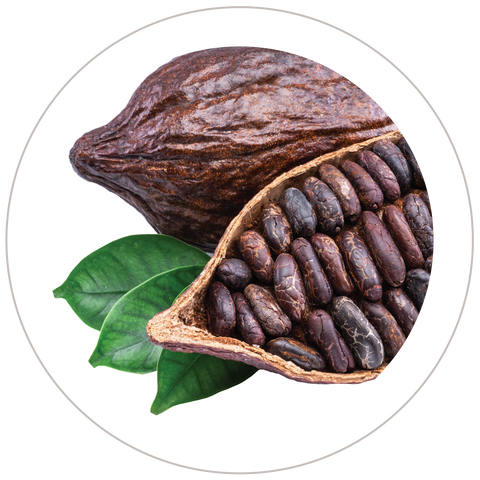
Cocoa
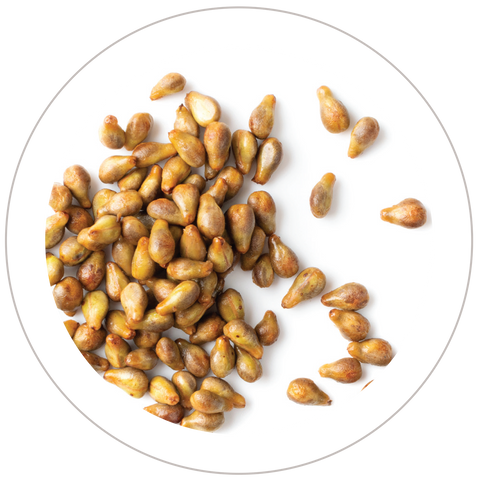
Grape Seeds
